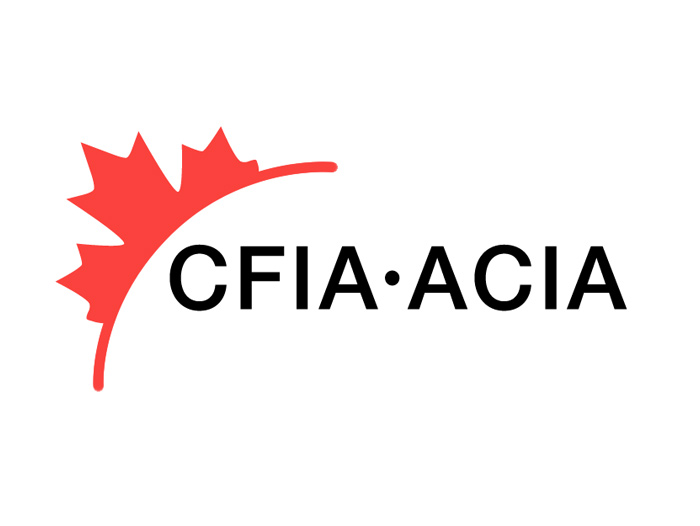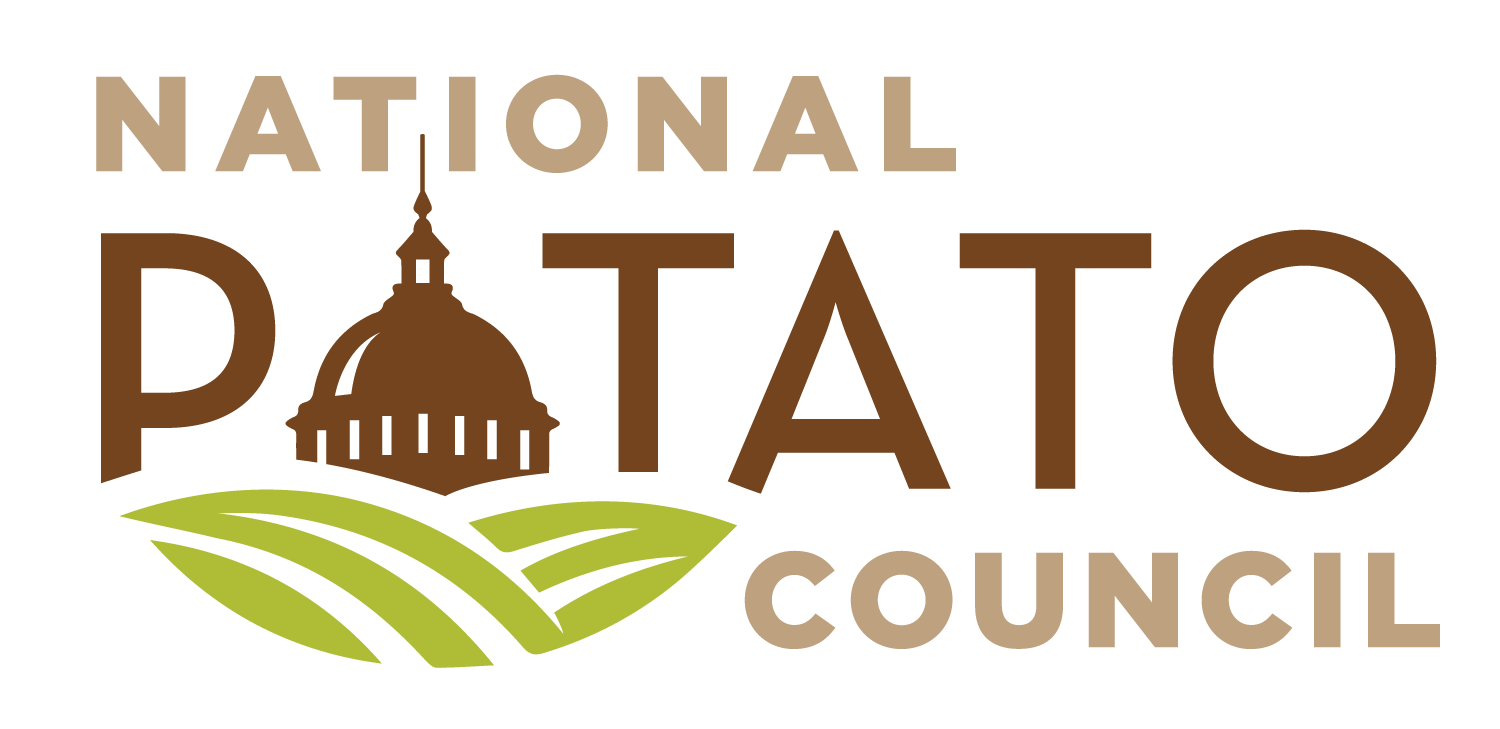PEI seed exports to Uruguay suspended in October 2021

In a positive move this week, the Canadian government through its Agriculture Minister announced the formation of a committee to focus on the steps necessary to restore trade between the U.S. and PEI. “This announcement appears to prioritize the technical process and thereby seeks to restore and enhance soil testing. If that is accurate, it is a very positive step forward that will shorten the trade disruption,” said NPC CEO Kam Quarles.
This announcement occurred as CFIA and APHIS were meeting in D.C. to discuss the technical processes needed to restore trade. Canada had previously completed a limited national survey of potato wart that began before the recent detections in November 2021 that resulted in prohibitions on domestic shipment of PEI seed potatoes within Canada and suspension of exports to the U.S. That survey fortunately found no evidence of potato wart outside of PEI.
Additional comprehensive testing is ongoing to determine where the disease resides within PEI fields after CFIA announced last year that soil testing had declined by over 75 percent in the past five years to less than 1,700 in 2021. This reduction in testing has created a lack of awareness as to which fields may contain the disease and which fields are at lower risk. For reference, the USDA-overseen program in Idaho for PCN averages 50,000 soil samples a year to determine which fields should remain in quarantine.
During a committee hearing in PEI on Thursday, new revelations emerged that in October 2021 CFIA had suspended the issuance of export permits for PEI seed to Uruguay because their fields could not be certified as free from potato wart. This action came one month before CFIA’s subsequent order impacting domestic shipment of PEI potatoes and exports to the U.S. The new information had not previously been made public and further indicates that the concerns over this evolving disease situation were broader than just with the U.S. trade.

